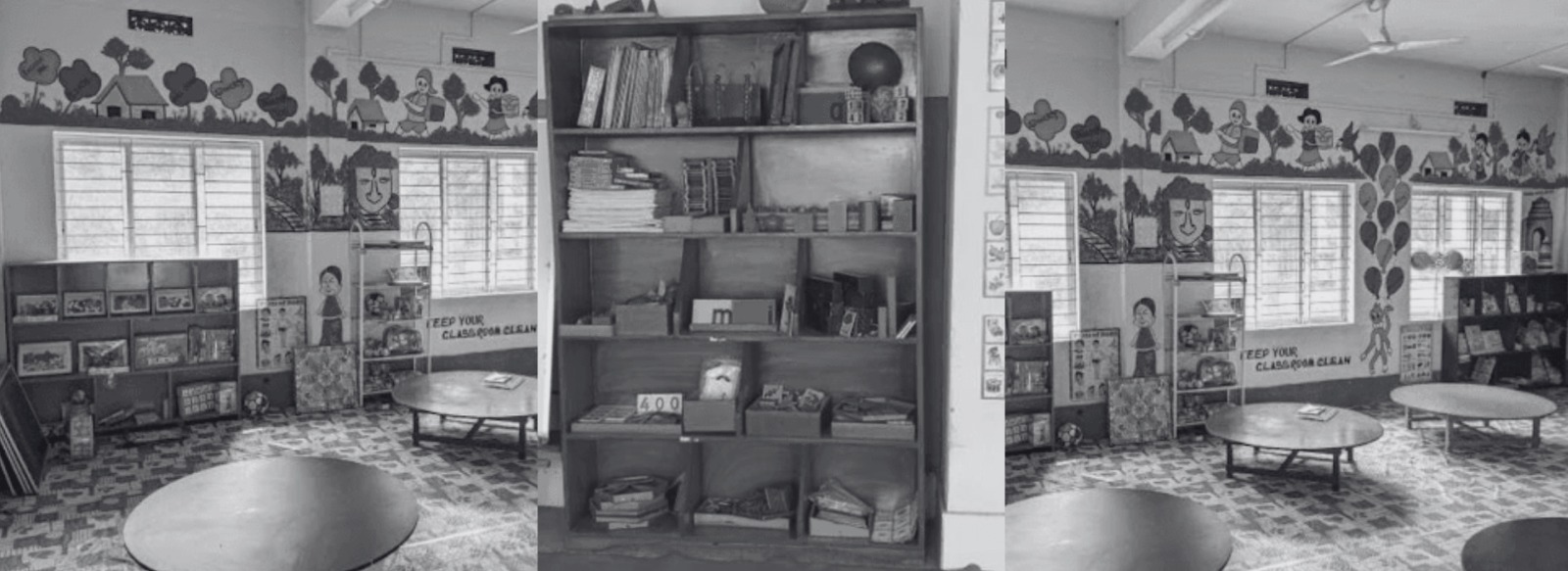



The early years set the stage for how children experience learning for the rest of their lives. A well-designed curriculum during this period not only introduces literacy and numeracy but also nurtures curiosity, creativity, and social–emotional growth. The curriculum is, above all, a vision for what every child deserves- a foundation that makes learning joyful, equitable, and lasting.
By the age of five, nearly 90% of brain development is complete (UNICEF, 2019). This makes the early years the most critical window for shaping how children learn and grow. Long-term studies also show that high-quality Early Childhood Care and Education (ECCE) delivers annual returns on investment of 7–13% through improved learning outcomes and life outcomes (Heckman et al., 2010; Heckman & Karapakula, 2019).
In India, the policy landscape has steadily deepened its focus on ECCE and foundational learning. The National Education Policy (2020), the National Curriculum Framework for the Foundational Stage, and missions such as NIPUN Bharat highlight the centrality of play-based, developmentally appropriate curricula in achieving foundational literacy and numeracy for all children.
Since 2014, Ahvaan has partnered with State Councils of Educational Research and Training (SCERTs) in Delhi, Tripura, and Chhattisgarh, as well as the Delhi Board of School Education, to design, develop, and evaluate high-quality curricula for the foundational years. Our contributions range from co-creating curriculum frameworks and learning outcome benchmarks to developing teacher manuals, lesson plans, and classroom materials that bring policy into practice.
Our curriculum development work is informed by classroom practice, ongoing research in early learning, state and national policy priorities, and continuous feedback from teachers and learners.
Read more about Ahvaan’s work in curriculum development here Download
"The Pre-primary curriculum has been enriched by Ahvaan. The activities are age appropriate for children. Children and teachers don’t even come to know how children learn everything while playing games. The work that Ahvaan is doing will impact significantly the children, who in the next five years will be completely different from the fifth graders today"